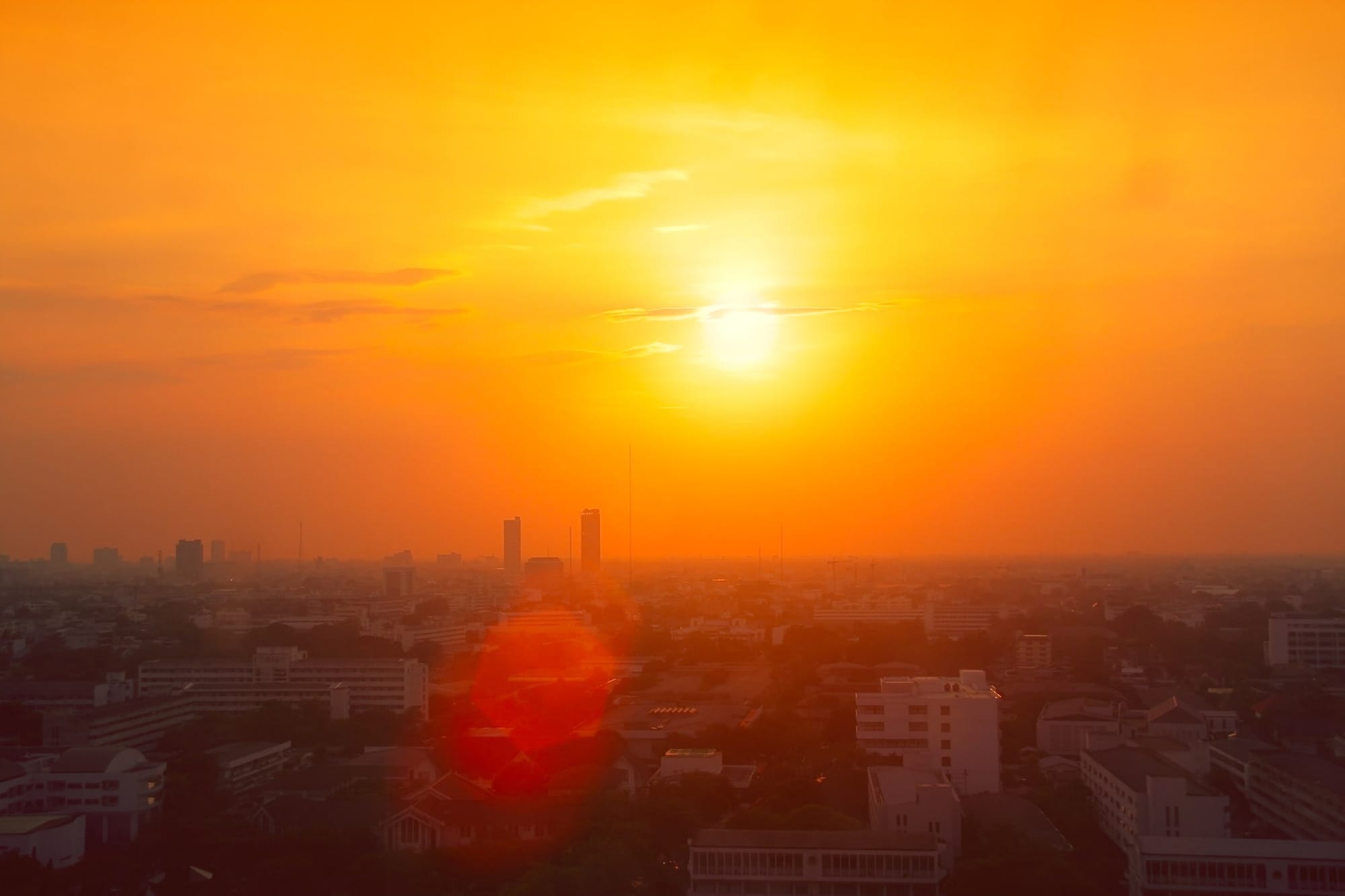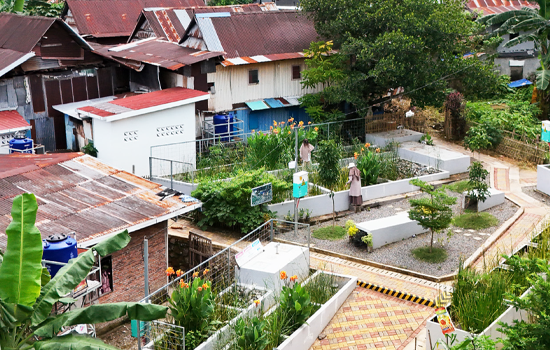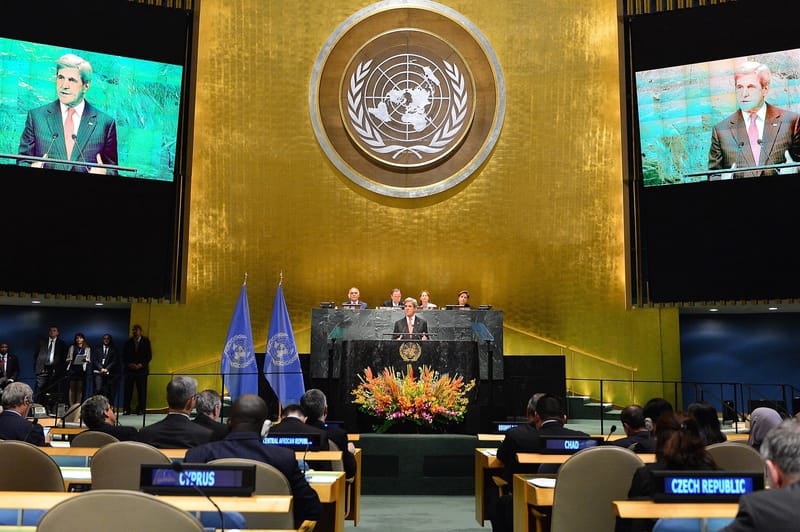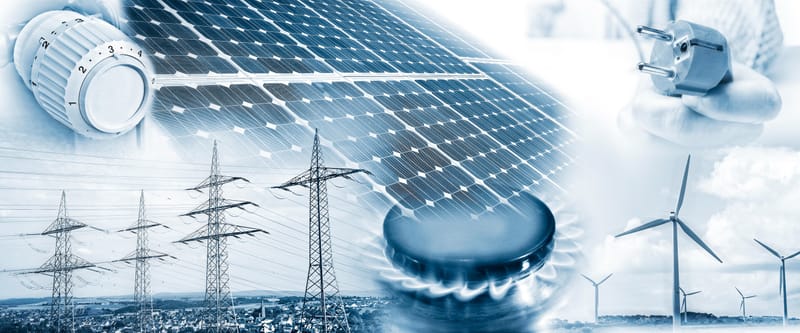
Low awareness of the link between heat and eco-anxiety in Indonesia requires a more comprehensive strategy in the campaign.
It’s well-understood that extreme heat is bad for our health.
As the Earth warms – 2023 was the hottest year on record, and 2024 is shaping up to be even worse – the risks rise, too.
Heatwaves exacerbate existing health conditions and contribute to new issues, including respiratory and cardiovascular diseases, heatstroke, dehydration, and even death.
High temperatures are also associated with increased aggression, violent crime, hospitalisations for mental disorders, and suicide.
Asia is one of the most vulnerable areas on the planet. A study using data from 43 countries found nearly half (48.95%) of heatwave deaths occurred in Asia, with significant clusters in South Asia.
Another study in urban Vietnam examined how heatwaves affected hospitalisations for mental and behavioural disorders from 2017 to 2019.
The findings showed that hospitalisations for mental and behavioural disorders increased by 62% during heatwaves and 8% due to experience of the heatwave itself, even though the temperature had returned to normal.
People aged 18-60 were more affected during hot days, with a higher risk of hospitalisation for anxiety and stress disorders. Those aged 61-plus were more affected by prolonged heat exposure, with anxiety and other mental health issues worsening in this group.
The extreme heat also brings psychological stress and anxiety, contributing to increasing ecological anxiety (eco-anxiety) in these regions.
Lack of urgency
But there’s the paradox. In Indonesia at least, eco-anxiety isn’t considered an urgent issue.
Social media data monitoring in Monash Indonesia Data and Democracy Research Hub Indonesia observes that the low urgency of ecological anxiety continues to this day.
Daily temperatures rose at the end of 2023 and the first six months of 2024, and while there are moments of heightened discussion about climate change, eco-anxiety doesn’t appear to be a major concern for Indonesian public discussion.
Spikes in discussions are often related to politics, promotion of personal care, or celebrity news, rather than the impact of heat on wellbeing.
In fact, most of the conversation was overshadowed by political discourse. This is understandable given the increasingly heated political climate in Indonesia.
Read more: Young Indonesian voters care about climate change. The politicians don’t
Eco-anxiety, the chronic fear of environmental doom, has gained significant attention as the effects of climate change become increasingly apparent.
The term was popularised by environmental philosopher Glenn Albrecht, who introduced “solastalgia” in 2005 to describe distress caused by environmental changes.
In the early 2000s, psychoanalyst Harold Searle emphasised the deep psychological impacts of environmental degradation, highlighting the human-nature connection.
By 2018, Pihkala framed eco-anxiety as a natural and rational response to environmental threats, differentiating it from related emotions such as eco-guilt and eco-grief.
In the global south, urgency of heat-related eco-anxiety is often subtler and typically linked indirectly with the physical impacts of heat and climate change.

Farmers at risk
In South Asian countries, where heatwaves are becoming increasingly frequent and severe, the heat significantly affects farmers’ health and productivity. Extreme weather conditions can lead to crop failures, which in turn cause both economic and psychological distress.
With communities facing food and water insecurity, displacement, and loss of livelihoods, countries in the global south may experience anxiety due to insecurities of their current livelihood, rather than anxiety about their medium to long-term future, as is what’s usually reported in the global north.
These issues are compounded by systemic inequalities, including inadequate facilities to cope with the impacts of heat, and a lack of information on how to protect themselves from heat-related stress.
Read more: Scrolling into stress: How climate fears hit youth
An assessment of knowledge regarding climate change and health among adolescents in Yogyakarta, Indonesia, reveals a low and inconsistent understanding of climate change and its health impacts.
Conducted in 2016 with 508 senior high school students, the research found only 15% viewed climate change as a significant issue, with many prioritising poverty and food scarcity.
A global survey in 2019 with 12,246 participants from 32 countries, including Indonesia, found that among Indonesian respondents aged 10-17, 14.8% felt “very” or “extremely” tense, 28.7% felt anxious, 42.9% were worried, and 29.6% were terrified about climate change.
This underscores the growing burden of eco-anxiety in Indonesia, though the latter study didn’t report whether climate change is still perceived as a less significant issue for Indonesian teenagers compared with other pressing social challenges such as economic hardship and inadequate access to food.
Adolescents mainly obtained climate change information from family discussions and digital media. While most participants recognised the health effects of air pollution and extreme weather, there was limited awareness of the link between climate change and non-infectious diseases, including mental health.
Researchers and climate activists in Indonesia have been actively working to elevate the awareness of politicians about the impacts of climate change, particularly in the leadup to the presidential campaign in early 2024.
They’ve urged political parties to prioritise climate change in their messaging, and connect it to pressing populist issues such as food insecurity.
Targeting politicians
Researchers from the Monash Climate Change Communication and Research Hub (MCCRH) in Indonesia introduced a guidebook designed to help politicians effectively communicate about climate change on the first day of presidential candidate registration in October 2023.
Despite these concerted efforts, climate change has yet to be widely recognised as a sexy political issue that could enhance the electability of presidential and legislative candidates, especially among young first-time voters.
This low level of ecological concern among politicians isn’t unique to Indonesia. We cannot find any record indicating that climate change and its impact, including eco-anxiety, has been part of political campaigns across the global south over the past 20 years.
This insight offers a new perspective for activists and researchers in the global south, encouraging them to frame the issue of eco-anxiety differently from messages in the global north.
Recent outcomes from COP28 and the Paris Agreement highlight the need for tailored ecological awareness campaigns in the global south, addressing unique socioeconomic and environmental challenges.
Both emphasised enhanced, region-specific climate action, recognising that global progress has been insufficient to meet targets.
COP28’s inclusion of a “Health Day” stressed integrating health and climate strategies to address ecological anxiety and health inequities in vulnerable populations.
The establishment of a loss and damage fund underscores the global acknowledgement of climate change’s disproportionate impacts on developing countries, advocating for campaigns that provide real support aligned with regional socioeconomic conditions.
Following the Paris Agreement and COP28, countries in Southeast Asia, including Indonesia, have begun integrating climate and health resilience strategies. However, addressing ecological anxiety remains primarily driven by grassroots movements and NGOs.
To comprehensively tackle the mental health impacts of climate change, stronger government involvement and political will are essential.
National health campaigns could dovetail with socioeconomic strategies to ensure ecologically-sound policies that reduce anxiety on the environmental threat, and enhance community resilience.
This article was originally published under Creative Commons by 360info™.
Monash is pioneering a path to a greener, smarter, more equitable and sustainable future, where emissions are lower, and the natural environment and humans thrive. We look forward to participating at COP29, where we aim to accelerate global action on sustainability, empowering diverse voices from across the Indo-Pacific and influencing superior policy outcomes across a broad range of issues. Find out more monash.edu/cop29





